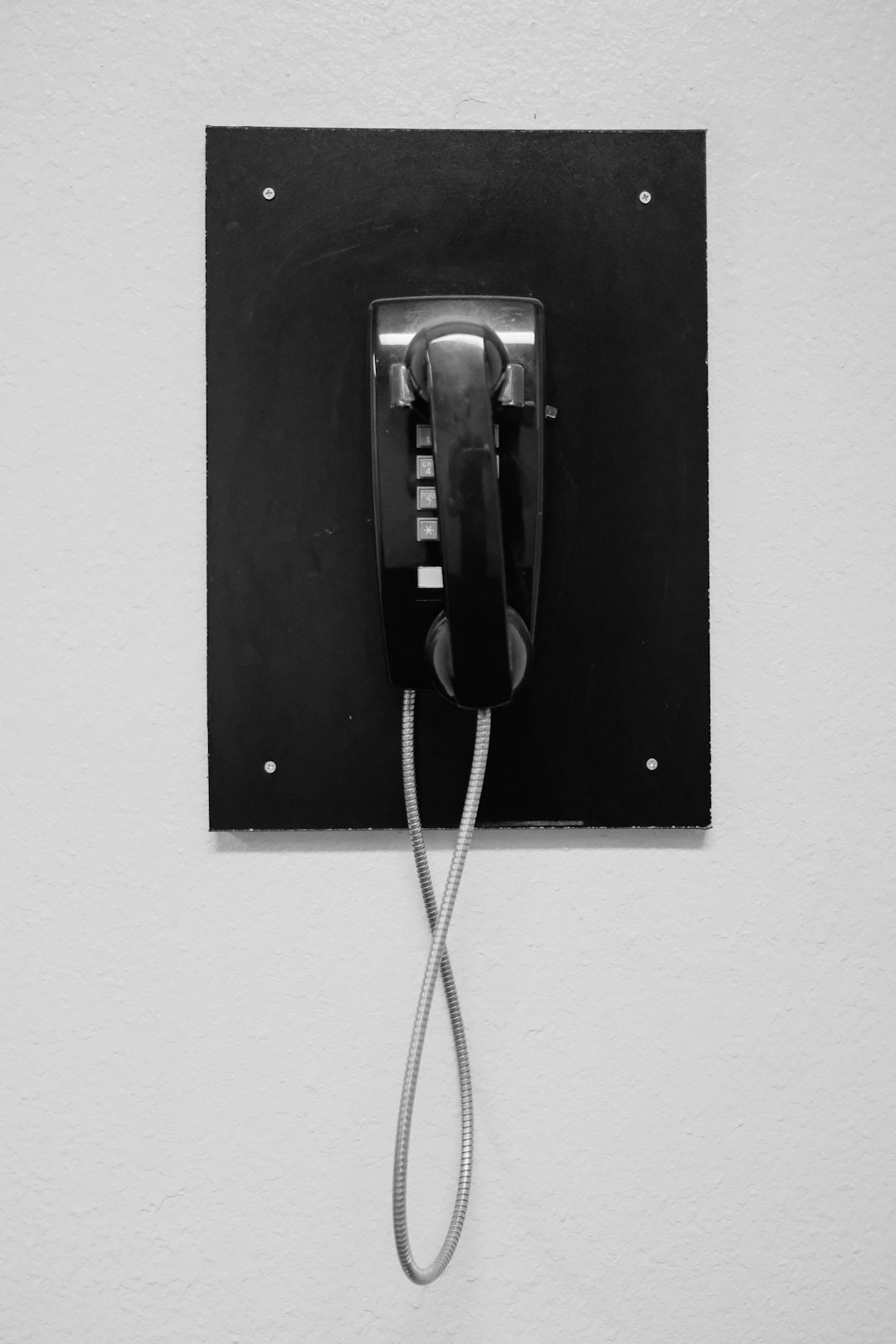Nebraska's Fair Debt Collection Practices Act (NDDCPA) mirrors federal regulations, protecting consumers from abusive debt collection practices by outlining clear guidelines for ethical collection methods. Debtors in Nebraska have rights including debt validation, private communication through an attorney, and protection from harassment. Compliance is crucial for debt collectors who must follow strict rules regarding disclosure, privacy, and avoiding false claims or threats. Violations can result in penalties and consumers have recourse with the help of a qualified debt collector Attorney Nebraska.
In Nebraska, the Fair Debt Collection Practices Act (FDCPA) regulates how debt collectors can interact with debtors. Understanding this legislation is crucial for both consumers and debt collector attorneys in Nebraska. This article provides an overview of the key components of the FDCPA as it applies to Nebraska, including the rights of debtors, the role and responsibilities of debt collectors, and the legal action and penalties for violations. By delving into these aspects, you’ll gain a comprehensive understanding of debt collection practices in this state.
Understanding Nebraska's Fair Debt Collection Act

Nebraska’s Fair Debt Collection Practices Act (NDDCPA) is designed to protect consumers from abusive, unfair, or deceptive practices by debt collectors. This act mirrors federal regulations under the Fair Debt Collection Practices Act (FDCPA), but with specific nuances tailored to the state of Nebraska. Understanding these laws is crucial for both debt collectors and consumers alike, as they outline clear guidelines on how debt collection should be conducted.
If you’re dealing with a debt collector in Nebraska, it’s important to know your rights. A debt collector Attorney Nebraska can help navigate this complex landscape, ensuring that your rights are protected and that all communications and practices adhere to the NDDCPA. This includes proper verification of debts, restrictions on harassment or abusive language, and transparency in collection efforts, among other provisions.
Rights of Debtors Under This Act

Under Nebraska’s Fair Debt Collection Practices Act, debtors have several rights that are designed to protect them from aggressive or unfair collection tactics. First and foremost, debtors have the right to request validation of the debt, meaning they can demand evidence and documentation from the debt collector proving the validity of the claim. This prevents collectors from harassing individuals with false or inaccurate information. Additionally, Nebraskans are entitled to refuse to pay a debt or request additional time to make arrangements, giving them control over the payment process.
Debtors also have the right to communicate with the debt collector in a private and confidential manner, often through their attorney. This allows individuals to seek legal advice and protection without fear of repercussions. Furthermore, the act prohibits debt collectors from engaging in abusive or unfair practices like making false representations, using obscene language, or threatening legal action unless they intend to pursue it. These rights empower Nebraskans to stand up for themselves against aggressive collection efforts by debt collectors.
Role and Responsibilities of Debt Collectors

Debt collectors in Nebraska have specific roles and responsibilities outlined by state laws, including the Nebraska Fair Debt Collection Practices Act (NFDCPA). Their primary task is to recover debt owed by consumers, but they must adhere to ethical and legal standards throughout the process. Debt collectors are responsible for communicating with debtors, providing validation of the debt, and ensuring their collection methods are not harassing or abusive.
They must also comply with disclosure requirements, including informing debtors of their rights under the NFDCPA. A debt collector Attorney in Nebraska can offer guidance on these regulations to ensure compliance and protect consumers from unfair practices. This includes avoiding false or misleading statements, respecting debtor privacy, and refraining from contacting debtors at inappropriate times or places.
Legal Action and Penalties for Violations

If a debt collector in Nebraska violates the state’s Fair Debt Collection Practices Act, individuals have legal recourse. Such violations can include harassing phone calls, false or misleading statements, and unfair practices aimed at coercing payment. A debt collector Attorney in Nebraska can help consumers understand their rights under the law and take appropriate action.
Penalties for violations are designed to deter abusive collection tactics. These may include monetary damages, attorney fees, and injunctions against the collector. Consumers who believe they have been wronged should document interactions with the collector and consult a qualified debt collector Attorney in Nebraska to explore legal options and seek justice.






